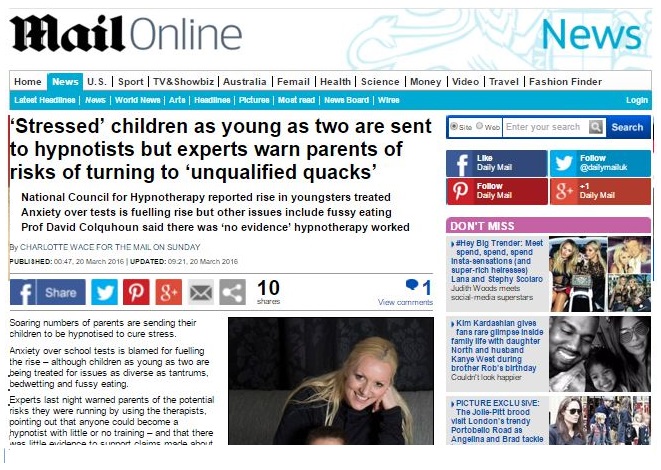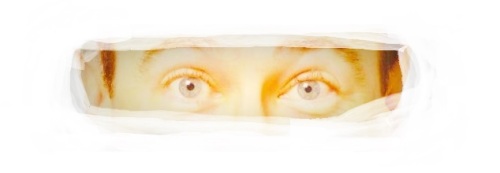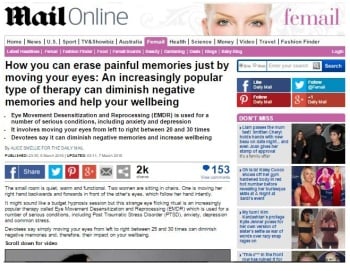What to look for when searching for a Children's Hypnotherapist
Posted on
How do I find the right Children's Hypnotherapist ?
Like many therapists I have seen an increase in the number of people who bring their children to me looking for help. As a member of the NCH (National Council for Hypnotherapy) there are some things that you should always check before deciding who you would pick to work with your child.
The Mail on Sunday released a story about the increase in children visiting hypnotherapists and although the tone of their story was somewhat sensational, as could be expected, they do bring up some interesting points that you should bear in mind.

According to the Mail on Sunday Many people are turning to quacks rather than trained therapists...
Soaring numbers of parents are sending their children to be hypnotised to cure stress.
Anxiety over school tests is blamed for fuelling the rise – although children as young as two are being treated for issues as diverse as tantrums, bedwetting and fussy eating.
As the Mail report you could find yourself turning to someone who has not trained and in many cases do not even have much experience of working with children.
What to look for when searching for a hypnotherapist for your child
Children can suffer the same stresses and anxiety that adults can, and seeing a qualified hypnotherapist can really help them through tough periods and also help them to learn about ways that they can deal with that stress during the rest of their lives. They can suffer the same fears and phobias as adults, as well as nail biting, bed wetting or other habits that can cause them stress. Of course exam nerves are also very common.
Ask the therapist about their training and qualifications. As well as my other qualifications in hypnotherapy I also hold an HPD. The Hypnotherapy Practitioner Diploma is only held by about one in five hypnotherapists. Make sure that like myself, they are a member of a professional body such as the National Council for Hypnotherapy. I have also an extensive amount of experience working with children. Before I was a hypnotherapist I worked with children as an actor and facilitator. This means that I ran workshops in over 1000 schools working with thousands and thousands of children. You can train as much as you like but the experience of working with children and treating them with respect and understanding makes a real difference.
Can I have hypnotherapy on Skype?
As well as working with people who travel to see me I am also able to offer sessions via Skype and this can really help. Being able to visit without having to travel can help take away some of the pressure that your child may feel when they visit someone new. It also means that any recordings that we may make for them to listen to can be sent right away as MP3 files and they can listen to them as soon as they wish. They also have them to listen to whenever they need to help reinforce the work we are doing, or just to have a few minutes away from the stresses they are facing.
If you would like to read more about my work as a hypnotherapist for children then just click here:http://www.markpowlett.co.uk/hypnotherapyforchildren.html
You can call me on 07980233160 or email me on [email protected]

